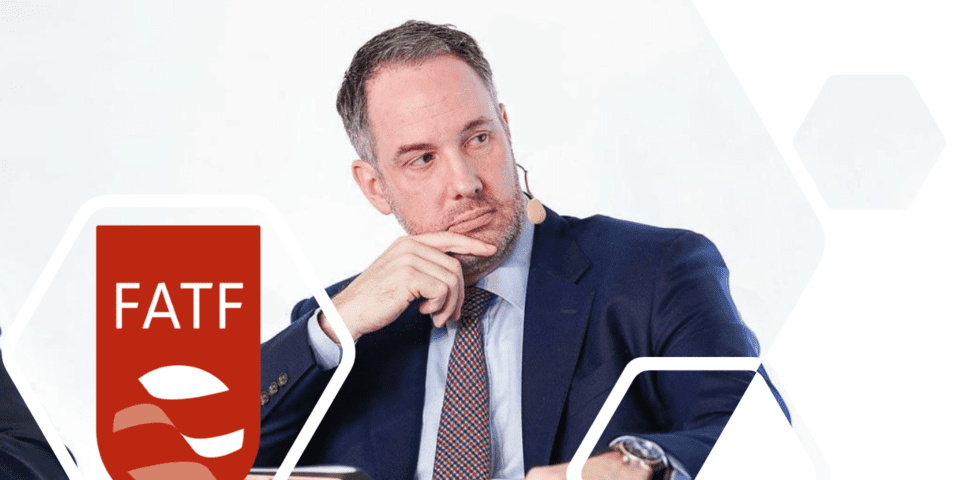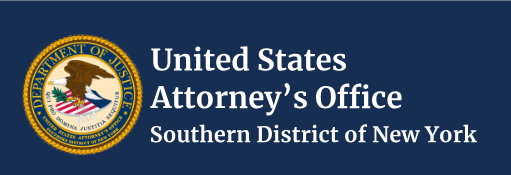By Elizabeth Hearst for AMLi
EX FATF chief David Lewis has revealed how the structure of the organisation has made it very difficult to tackle global money laundering.
Lewis says the agency’s structure of “mid-level bureaucrats” means it does not have the scale to take the big global financial crime issues. The Welshman also said he felt he did not get the support he needed from the German President of FATF when his contract came up for renewal.
Lewis – who led FATF until earlier this month – says genuine reform is “difficult to achieve” at the global financial watchdog.
FATF has previously garnered criticism for its bureaucracy and secrecy, with plenary sessions conducted in private.
Lewis says reform at the Paris-based organisation can prove challenging, with two to four countries typically blocking consensus, something he said means it’s “rare that you can get any meaningful change”.
It was clear that we were “not going to see very much change in the next round of evaluations,” Lewis said in an interview with ACAMS moneylaundering.com.
Lewis stressed that FATF “needs political leadership”, and hit out at its structure of “mid-level bureaucrats”, who he says are “very comfortable dealing with the finest minutiae of technical detail, but aren’t comfortable or able to have big picture discussions and are often only in their jobs for one of two years”.
During his stint, Lewis admitted he “constantly” came under pressure from FATF’s 39 delegations over vacant roles. He revealed delegations would push for positions to be filled by staff from their countries, rather than an open competition.
Lewis has told the publication about a lack of support from the body’s President regarding his retention process.
The moment which was “probably the straw that broke the camel’s back”, was when FATF President Dr. Marcus Pleyer revealed his proposal that Lewis’ role be readvertised, regardless of Lewis’ performance.
This he said made him realise how “precarious and vulnerable the job was”.
In response to Lewis’ comments, John Cusack, Global Chair of the Coalition to Fight Financial Crime said: “There are few better placed than David Lewis to judge the achievements and shortcomings of the Financial Action Task Force having spent 6 years on the inside”.
“The fact that David is concerned that a small minority of countries hold back real and necessary progress is unlikely to be a surprise to many, although it confirms it represents a major problem,” said Cusack.
“That said, trying to achieve consensus is a worthy goal provided all have the same understanding and support for the common goal,” he added.
Cusack stressed: “If there isn’t, then those that don’t share the common goal or haven’t made sufficient progress should not be permitted to obstruct the progress for the others.”
“This can only be resolved by country leaders re-committing to the outcomes and instructing those representing them at the FATF to find both a common consensus to move ahead and do more at the country level to implement the actions long committed. If not, then maybe different paths are needed,” he concluded.
Often outspoken, Lewis criticised the financial sector for its “box-ticking approach” to fighting FinCrime. In a recent interview with the Financial Times, Lewis blasted the current practice of fining banks, and said it “doesn’t work”.
“We need to stop talking and start doing,” said Lewis, adding that “the world doesn’t need more standards or regulations”.
Share this on:
Follow us on:











